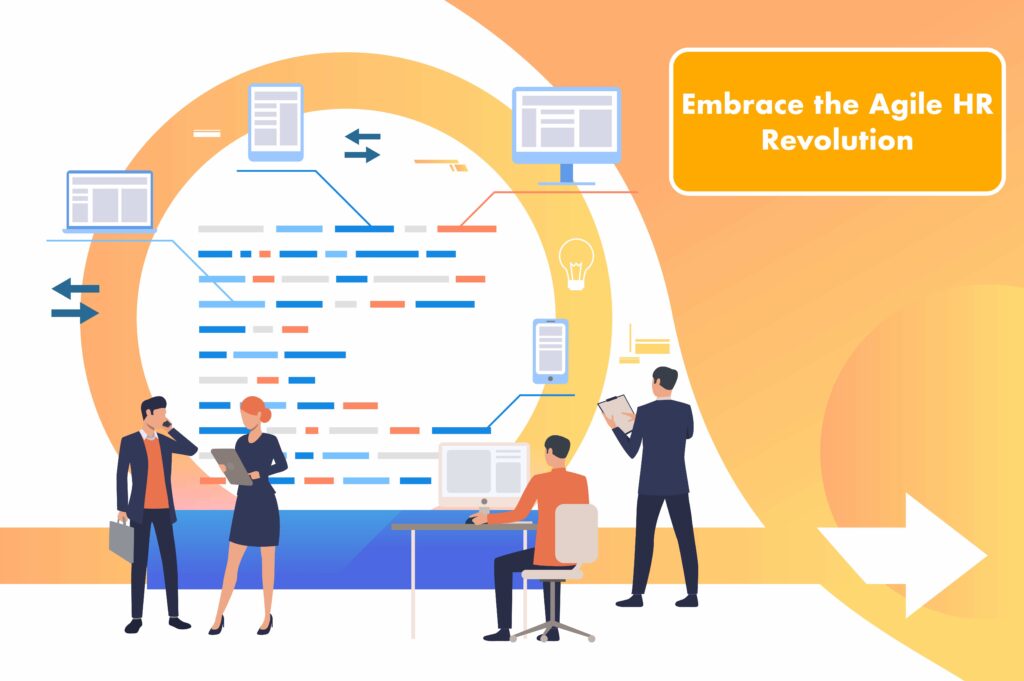About Cemex HRM
Cemex HRM is a cutting-edge HR application encompassing the latest in web technologies including cloud capabilities. HR modules include HRIS, Attendance, Leave, Payroll.Get in Touch
- Sharnell Building
29/2 Visaka Road, 6th Floor,
Colombo 4, Sri Lanka. - +94 -11 -2508805
-

- www.cemexHRM.com


